Dear BookBrowsers,
Each book we feature in the BookBrowse Review (our twice-monthly membership magazine) is backed by a review and an excerpt, and often a reading guide and author interview. In addition, we always include a "Beyond the Book" article. In fact, these pithy features are so popular that a significant number of members tell us they look forward to reading them first.
To feed the geek in you, we feature a sampling of recent Beyond the Book articles in this special edition. They explore a gamut of topics to satisfy a wide range of interests and are representative of the kind of content we love to dig into. We pack our reading recommendations with just that extra touch of noteworthy content because we know that you too love the excitement of discovering something you never knew before.
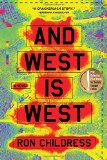
|
PTSD in Drone Pilots
 Did you know that drone pilots suffer from the same instance of job-related problems (such as depression and PTSD) as pilots who are deployed in combat zones? Learn what factors contribute to a condition that is usually associated with troops on the ground in the Beyond the Book article for And West is West by Ron Childress. Did you know that drone pilots suffer from the same instance of job-related problems (such as depression and PTSD) as pilots who are deployed in combat zones? Learn what factors contribute to a condition that is usually associated with troops on the ground in the Beyond the Book article for And West is West by Ron Childress.
Read in full |
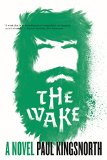
|
Old English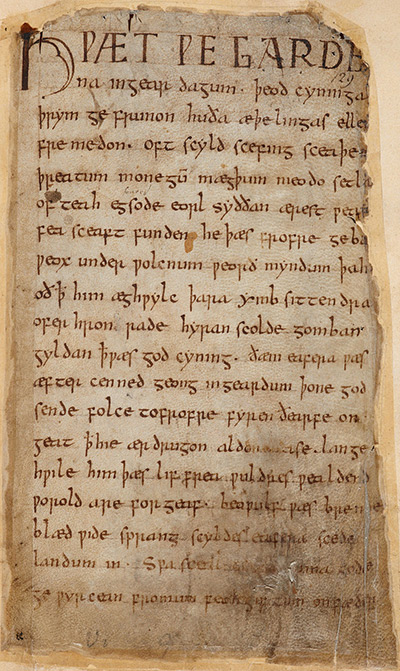 Nu we sculan herian heofonrices weard Nu we sculan herian heofonrices weardMetudes myhte ond his modgebanc Wurc wuldorfaeder Got that? No? Well...neither did we. This poem is written in Old English, which is not just old, it's unrecognizable to enthusiasts of the more contemporary version. The language began its slow death after the Norman Conquest of England in 1066 and is the root for thousands of words we use today. See which common ones owe their history to Old English and view a page from the classic Beowulf, written in the ancient language in our Beyond the Book for The Wake: A Novel by Paul Kingsnorth. Read in full |
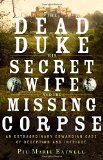 |
Eccentric British Noblemen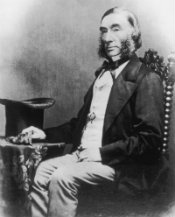 This gentleman was well known for preferring dogs to people. He would regularly have his enormous dining table laid out with 12 places for his canine friends, who would then be led in, fully clothed (including tiny, specially made shoes) and with clean white napkins tied around their necks. The dogs were fed on silver plates, and each had its own servant. Sound familiar? We hope not. This gentleman was well known for preferring dogs to people. He would regularly have his enormous dining table laid out with 12 places for his canine friends, who would then be led in, fully clothed (including tiny, specially made shoes) and with clean white napkins tied around their necks. The dogs were fed on silver plates, and each had its own servant. Sound familiar? We hope not.
Learn who this eccentric British nobleman was and read about others in our Beyond the Book for The Dead Duke, His Secret Wife, and the Missing Corpse: An Extraordinary Edwardian Case of Deception and Intrigue by Piu Marie Eatwell Read in full |
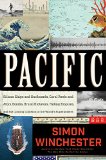
|
The Hokule'a In 1973 a group of Polynesian specialists and canoe enthusiasts formed the Polynesian Voyaging Society. Their objective was to test whether a long-distance sea journey could be successfully accomplished using only native skills; a round trip from Hawaii to Tahiti – a distance of over 4,600 nautical miles – was their chosen goal. And thus was born the Hokule'a, a ship crafted according to Hawaiian tradition. The craft is currently on a challenging journey around the world making stops at 85 ports.
In 1973 a group of Polynesian specialists and canoe enthusiasts formed the Polynesian Voyaging Society. Their objective was to test whether a long-distance sea journey could be successfully accomplished using only native skills; a round trip from Hawaii to Tahiti – a distance of over 4,600 nautical miles – was their chosen goal. And thus was born the Hokule'a, a ship crafted according to Hawaiian tradition. The craft is currently on a challenging journey around the world making stops at 85 ports. Read the Beyond the Book for Pacific: Silicon Chips and Surfboards, Coral Reefs and Atom Bombs, Brutal Dictators, Fading Empires, and the Coming Collision of the World's Superpowersby Simon Winchester to find out if the historic ship will be making a stop in your neighborhood. Read in full |
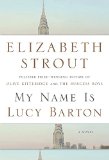
|
What Defines a Novel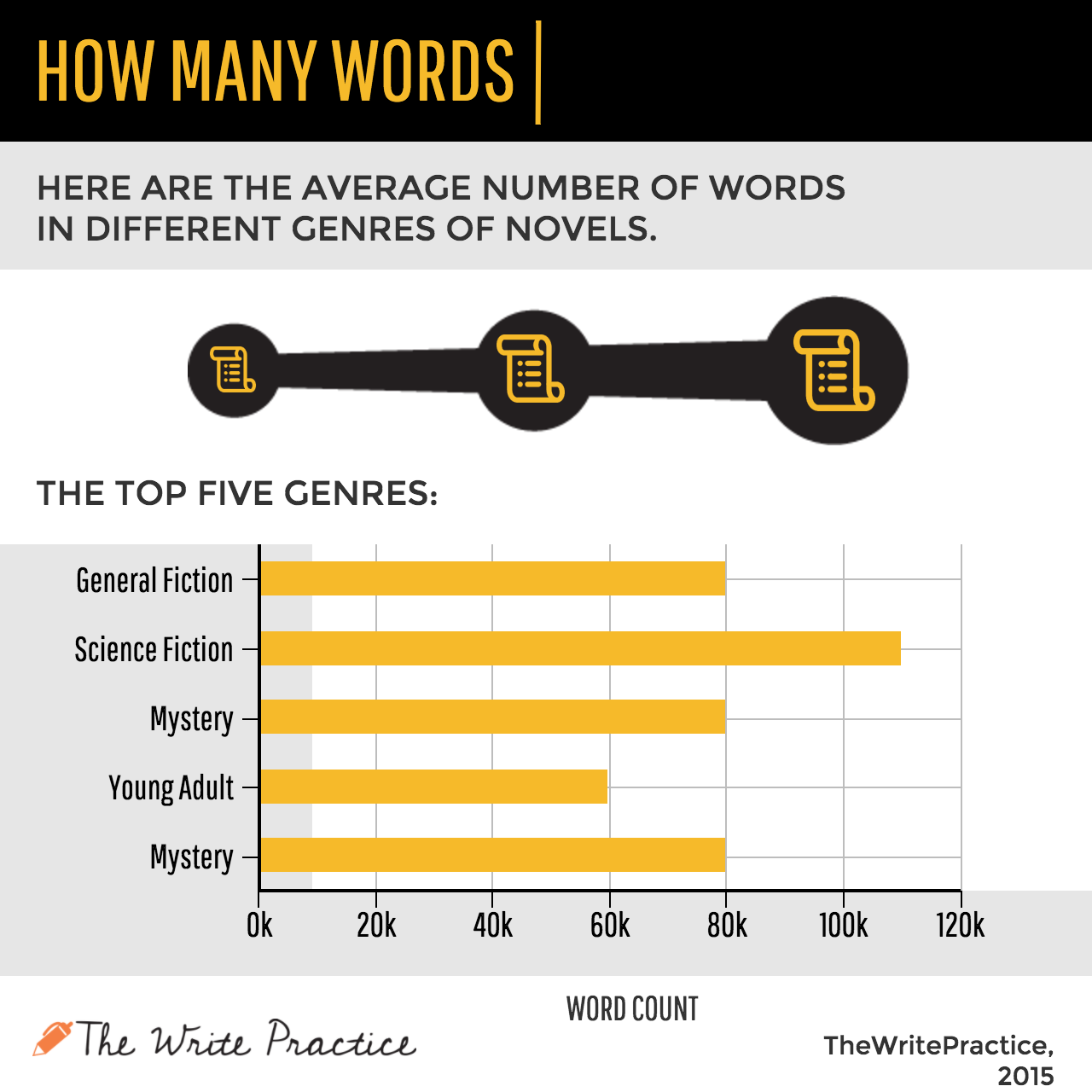 Typically, young adult novels tend to have fewer words than adult literary fiction, and "chick-lit" novels tend to be shorter than books deemed to be "literary fiction." Does this mean there's a cutoff for what makes a novel? Does word count...count? Does Hemingway's classic "For sale, baby shoes, never worn" count as a complete novel?
Typically, young adult novels tend to have fewer words than adult literary fiction, and "chick-lit" novels tend to be shorter than books deemed to be "literary fiction." Does this mean there's a cutoff for what makes a novel? Does word count...count? Does Hemingway's classic "For sale, baby shoes, never worn" count as a complete novel? Read our Beyond the Book for My Name is Lucy Barton by Elizabeth Strout to see what our reviewer has to say. Read in full |
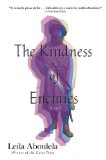
|
What is Jihad? In today's charged geopolitics it is especially important to know the meaning of the word "jihad." The Arabic translation means "to strive for some objective" and the Islamic Supreme Council of America makes it clear that among the meanings for jihad within the Islamic faith, only one strand is combative. Jihad is therefore not synonymous with holy war, but "can refer to internal as well as external efforts to be good Muslims or believers, as well as working to inform people about the faith of Islam." In today's charged geopolitics it is especially important to know the meaning of the word "jihad." The Arabic translation means "to strive for some objective" and the Islamic Supreme Council of America makes it clear that among the meanings for jihad within the Islamic faith, only one strand is combative. Jihad is therefore not synonymous with holy war, but "can refer to internal as well as external efforts to be good Muslims or believers, as well as working to inform people about the faith of Islam."
Read more about the history of the word in the Beyond the Book for The Kindness of Enemies by Leila Aboulela Read in full |
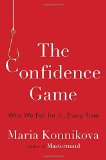
|
The Great Tulip Mania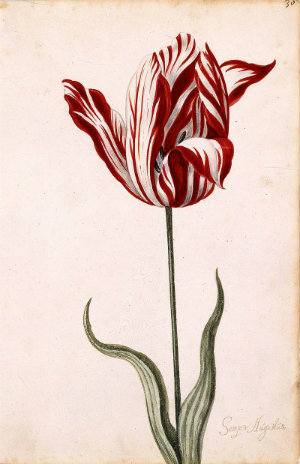 It is spring and that means daffodils and tulips. And while you might have heard of a stock market or housing bubble, chances are slim you've come across a tulip bubble. But the frenzy around the unusually shaped flowers was so real in the seventeenth century that dire consequences would be unleashed on unsuspecting folk who mistook the bulbs for mere plants or fruits. So desired were the flowers, and so high their price, that in the 1630s a sailor was jailed for mistaking one for an onion and eating it.
It is spring and that means daffodils and tulips. And while you might have heard of a stock market or housing bubble, chances are slim you've come across a tulip bubble. But the frenzy around the unusually shaped flowers was so real in the seventeenth century that dire consequences would be unleashed on unsuspecting folk who mistook the bulbs for mere plants or fruits. So desired were the flowers, and so high their price, that in the 1630s a sailor was jailed for mistaking one for an onion and eating it.
These and other fun floral facts blossom in the Beyond the Book for The Confidence Game: Why We Fall for It ... Every Time by Maria Konnikova Read in full |

|
Internment Camp Newspapers In the Japanese internment camps set up in the United States during World War II, little privacy existed. People had to use communal showers, toilets, and laundries. While libraries were available, Japanese language books, except for dictionaries, were not allowed. Even under these trying conditions, internees published their own newspapers.
In the Japanese internment camps set up in the United States during World War II, little privacy existed. People had to use communal showers, toilets, and laundries. While libraries were available, Japanese language books, except for dictionaries, were not allowed. Even under these trying conditions, internees published their own newspapers.
Read more about this small sliver of normalcy under trying conditions in the Beyond the Book for Midnight in Broad Daylight: A Japanese American Family Caught Between Two Worlds by Pamela Rotner Sakamoto Read in full |
Blog post by Poornima Apte. Individual articles written by James Broderick, Kim Kovacs, Davida Chazan, Kate Braithwaite and Molly Smith Waters